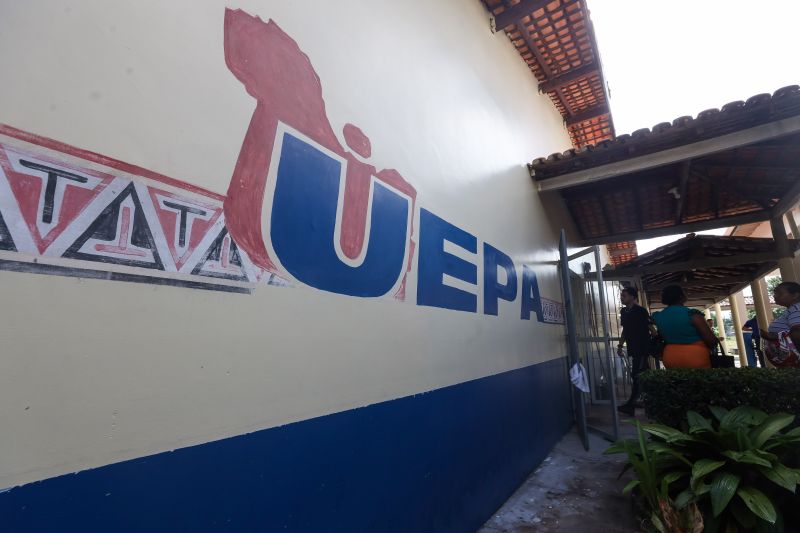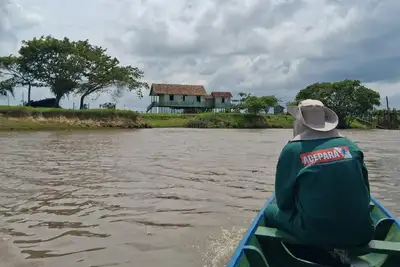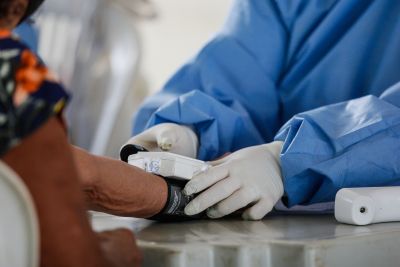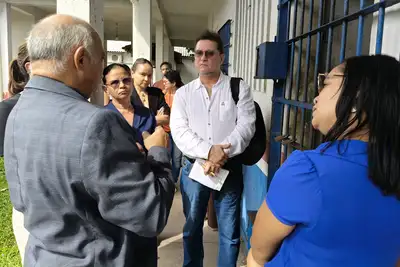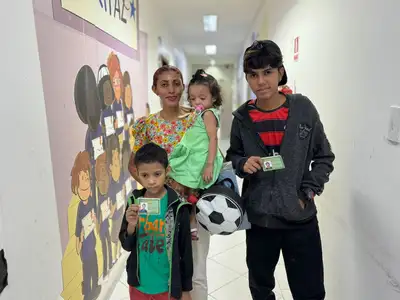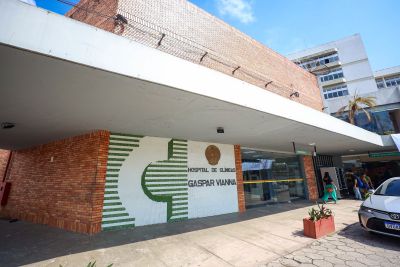Uepa hosts, in Salvaterra, 5th Edition of the Action for Girls and Women of Marajó
Event this Saturday (23) will feature the presence of the President of the STF and the CNJ, Minister Luís Roberto Barroso, who will give a lecture to students at Uepa
This Saturday, August 23, 2025, the city of Salvaterra, on Marajó Island, will host the opening of the 5th stage of the itinerancy of the initiative Action for Girls and Women of Marajó, coordinated by the National Justice Council (CNJ) in partnership with the Court of Justice of the State of Pará (TJPA) and local institutions.
The event will feature the presence of Minister Luís Roberto Barroso, President of the Federal Supreme Court (STF) and the CNJ. He will give a lecture aimed at students at the State University of Pará (Uepa), Salvaterra Campus. After the lecture, there will be a meeting with judges and representatives of the protection network.
The program will take place at Uepa's facilities, reinforcing the institutional role of the university as a supporter of the event. The rector of Uepa, Professor Clay Anderson Nunes Chagas, will be present, providing support for the lecture and academic activities. The coordinator of Uepa's Campus XIX, Professor Carmelita Amaral Ribeiro, is pleased to officially host this stage of the action.
The Action for Girls and Women of Marajó aims to confront violence against girls and women in the Marajó region, strengthening access to justice, the social protection network, and citizenship. The program includes discussion circles, professional training, support for judicial services in addressing domestic and family violence, and the establishment of Digital Inclusion Points (PIDs), as well as educational debates and workshops on gender, service flows, and protection laws such as the femicide law.
The event takes on even more significant contours in the context of August Lilac, a month dedicated to raising awareness and mobilization against violence towards women. By ensuring actions directly for Salvaterra, the program reinforces the importance of reconciling public policies, institutional dialogue, and the commitment of academia to the defense of women's rights in contexts of high vulnerability.


